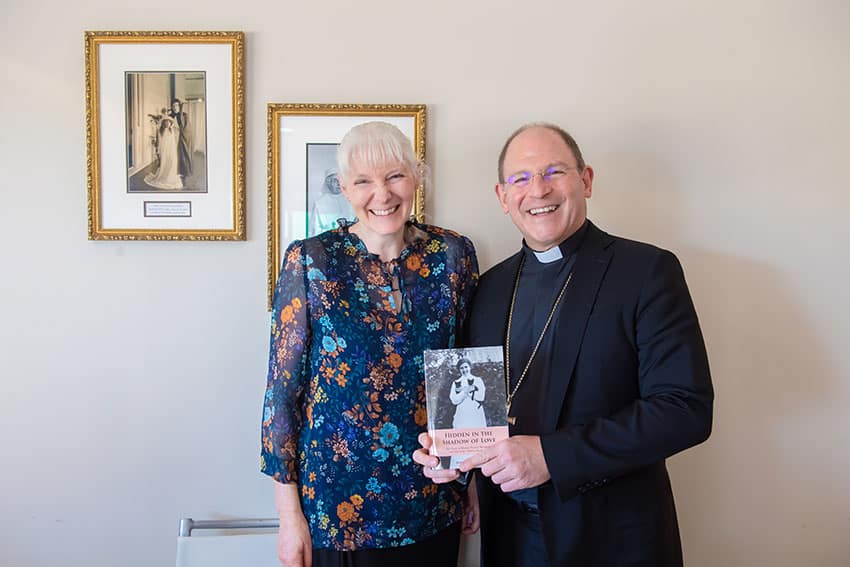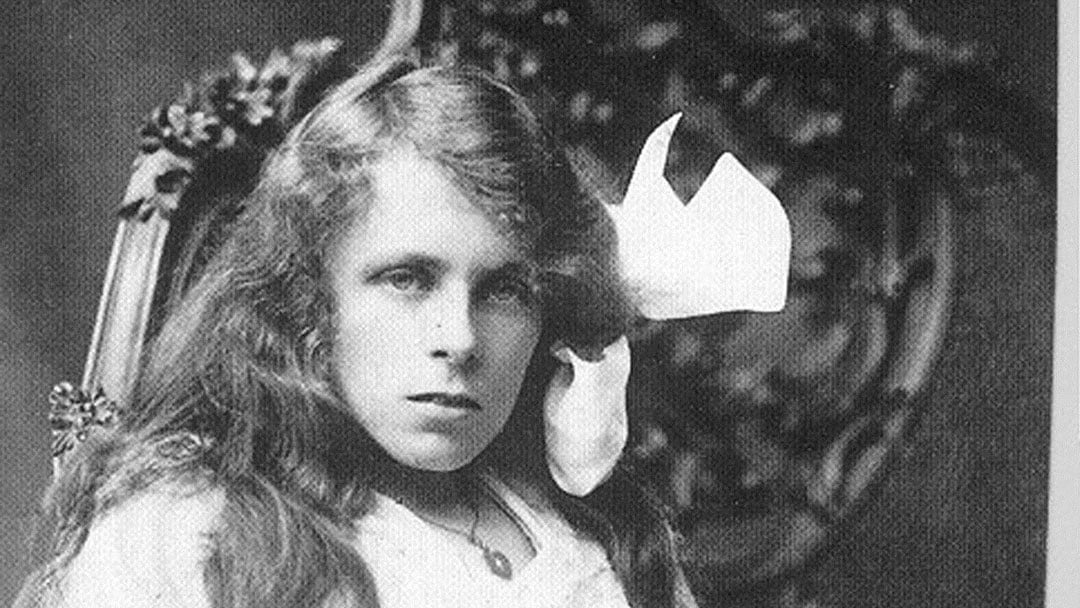
A forthcoming talk at the Catholic Institute on 1 November will explore the lives and contributions of three key Australian women. Details below.
The decline of history
In recent weeks The Australian newspaper has run a number of pieces lamenting the fact that the study of Australian history is declining in Australian universities. The reason for this, say a number of academics, is because Australian topics do not, as a rule, find favour in international journals.
The problem is that research funding from the Government depends upon academics getting published in these same journals, thus academics are often directed by their universities to publish on topics with a more international take on things. As Greg Craven (the Vice Chancellor of ACU) put it, “if you have the word ‘Australia’ in the title it’s like having the word ‘toadstool’. No one’s going to publish it.”
Australia second
The thing is that it is the discipline of history that gives to a country the depth by which it can resist the temptation to follow passing fashions. History gives substance to a culture and, thereby, allows a people to chart out a stable course for the future.
If we forget history then we lose our bearings and, in desperation, we succumb to academic and scientific fads that promise big results and even bigger research grants.
It is also a problem for the Church.
The Catholic faith is a historical faith, by which is meant it has to do with concrete historical events; think of the Incarnation and Resurrection. Faith itself is expressed in and through matter made sacramental and that through the priesthood of a historical institution, namely the Church.
Our faith is one of people in history
The Catholic faith is not a gnostic-like New Age faith where all is spirit, nor is it a purely philosophical faith in which we think only in abstractions; rather is it a faith that has to do with time and space, and time and space have to do with history. More to the point, to do with people in history.
You could say that people are the very stuff of history, and this no more so than in the Church. For in the Church we have to do with the communion of saints and thus with a history that is both secular and sacred.
In the Church the things of earth are in constant communion with the things of heaven.
But if many of our universities have lost an interest in history and more particularly in Australian history, then what interest could they have in a history that has to do with things secular in communion with things sacred?
Dr Hedley to talk on 1 November
This is a question that historian Dr Jocelyn Hedley has set herself to answer in a forthcoming talk at the Catholic Institute of Sydney (CIS) on Friday 1 November at 10.30 am. Entitled ‘The Closeness of History: Miles Franklin, Eileen O’Connor, Theresa McLaughlin and the Carrying of Time’, the talk is free and is part of the prestigious Veech Library series (as well as CIS’s Adult Faith Formation program).
Dr Hedley has published on the spirituality of Eileen O’Connor and, more and recently, her book on Theresa McLaughlin was launched by Bishop Randazzo (as was reported in these pages). She did her Masters at UNSW on the unpublished plays of Miles Franklin, and her Doctorate at UNDA on the history of the pro-life movement in Australia.

Hedley’s talk focuses on Miles, Eileen, and Theresa, three amazing Australian women who represent the passage of Australia from its rather wild, poor, and pioneering past into the modern age. Each of these women ‘carry time’ as each of them in their own easily overlooked way transforms Australia.
In the lives of these three women Hedley traces a transition to the modern world unlike that experienced by any other nation on earth. “The lives of these three women,” says Hedley, “remind us of the closeness of history, remind us of how very near the past is to us today, despite appearances.”
A communion of saints
For Hedley, the discipline of history in the Church speaks of both a secular and a heavenly communion, one in which those of the faith are still present to us, even praying for us. The saints of history are not just the subject of books but also of devotions, and through these devotions we are united together with them in their prayer.
We thereby make history with them. Hedley’s goal is to remind us that in the discipline of history the substance of both our faith and the nation is ever present though sadly forgotten.
However, on a more optimistic note she observes that history has a way of surprising us by entwining past, present and future. Thus it came as a pleasant surprise when she saw the date allocated for her talk was November 1st – that is, All Saints.
CIS is at 99 Albert Road, Strathfield. The talk is free. RSVP 97529530 or [email protected]
